“I got married, and I wanted to make more money,” Sadak says, but the city was in the throes of recession. Renan Sadak, who has a degree in computer science from his native Iraq, could land only an $11-an-hour job managing a liquor store when he arrived in Detroit seven years ago as a refugee.
Last year the resurgent auto industry began to change the prospects for work. Sadak was hired in June to drive a truck shuttling auto parts for Midwest Freight Systems in Warren, Mich., at double his original pay at the liquor shop. “Now I’m making a decent wage,” he says. “I’m covering all the bills.”
At a time when Europe and many parts of the U.S. are divided about integrating refugees from the Middle East, Michigan is providing opportunities for immigrants from the war-torn region. The state and the city of Detroit have the U.S.’s highest concentration of residents with roots in that part of the world. The Detroit area’s Arabic community goes back a century.
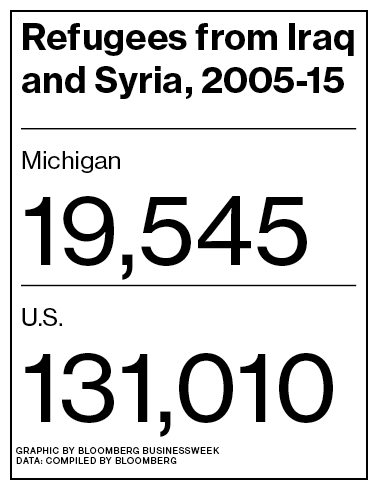
As the auto industry recovers, companies in Michigan ranging from small operations such as Midwest Freight to bigger ones like Denso, a Japanese auto parts maker, are tapping immigrant workers to fill a labor shortage. Newcomers from the Arabic-speaking world are benefiting, as are refugees from Myanmar (formerly Burma). “Three years ago, maybe 20 to 30 percent of the refugees could get work in the auto industry,” says Jasmine Ward, a manufacturing recruiter at Allegiance Staffing in Fraser, Mich. The automakers and their suppliers just weren’t hiring. Now, she says, “if they want to work, they can pretty much find a job. They work really hard, and that’s what companies are looking for.”
The auto industry is hiring long-established residents, too. African Americans last year made up about 15 percent of the U.S. auto workforce, from a low of 11 percent in 2010, according to the U.S. Census Bureau. Black unemployment in Michigan fell to 11.6 percent in 2015, down from 23.9 percent in 2010, says the U.S. Bureau of Labor Statistics. White unemployment in 2015 was 4.5 percent, vs. 10.6 percent in 2010.
Last year, Michigan accepted 1,162 Iraqi refugees and 246 Syrians, according to U.S. Department of State data. That’s more than any other state except Texas and California, which each accepted about 200 more refugees than Michigan. They’ll integrate them into populations at least twice the size of Michigan’s. The state has drawn a total of 13,800 people from those two countries, mostly from Iraq, in the past five years.
In 2008 only about 17 percent of refugees in the Detroit area were placed in jobs. Last year about 60 percent were, says Vesna Cizmic, program manager for refugee services at Lutheran Social Services of Michigan, which has a contract with the state to help asylum seekers find employment. “In 2013 we started noticing the increase in demand for manufacturing jobs for refugees, and about 60 percent of all employment is now with the auto industry,” Cizmic says.
Midwest Freight Systems’ owner, Samir Latic, says he wasn’t sure the company he started with his brother in 2004 would survive the recession, when automakers all but halted production. Instead of folding, the brothers bought more trucks while prices were cheap. By the end of 2012, the company, which does about half its business with Ford Motor, had ramped up to 24-hour service. It now has about 250 employees and 200 trucks. Latic, who fled the Bosnian war and came to the U.S. in 1996, says that about 40 percent of his workers come from such places as Iraq, Somalia, and Yemen.
Sadak says he heard that Midwest Freight was looking for help from a fellow Iraqi at the company. “It’s hard work, but that’s OK, it’s a good job,” says Sadak, who’s paid 42¢ a mile and estimates he drives 2,500 miles a week. A Christian, he fled Iraq to avoid religious persecution and spent several years in Jordan before being cleared to come to the U.S.
When Denso decided in 2013 that it had to expand its factory in Battle Creek, Mich., it turned to the local Christian refugee community from Myanmar for workers, says Sarah Frink, manager of communications, corporate services, and compensation for Denso Manufacturing Michigan. Battle Creek has long been a destination for refugees from that country, with 356 arriving last year and almost 3,000 since 2010, according to U.S. data. Denso translates safety and benefit information into the Myanmar language, and bilingual employees help newcomers cope, Frink says. The factory has a Myanmar employee resource group and offers English classes focused on manufacturing terms.
There is some evidence that Michigan’s refugee community is outperforming their native peers, as well as immigrant communities elsewhere in the U.S., says David Dyssegaard Kallick, director of the Immigration Research Initiative for the Fiscal Policy Institute in New York. Foreign-born residents make up about 9 percent of the Detroit area’s population but contribute about 11 percent of economic output, beating the national average by 30 percent and trailing only Cincinnati and Pittsburgh in that measure.
The bottom line: Refugees from the Mideast and elsewhere can find good auto jobs in Detroit and get help from refugees who came before.
Before it’s here, it’s on the Bloomberg Terminal. LEARN MORE
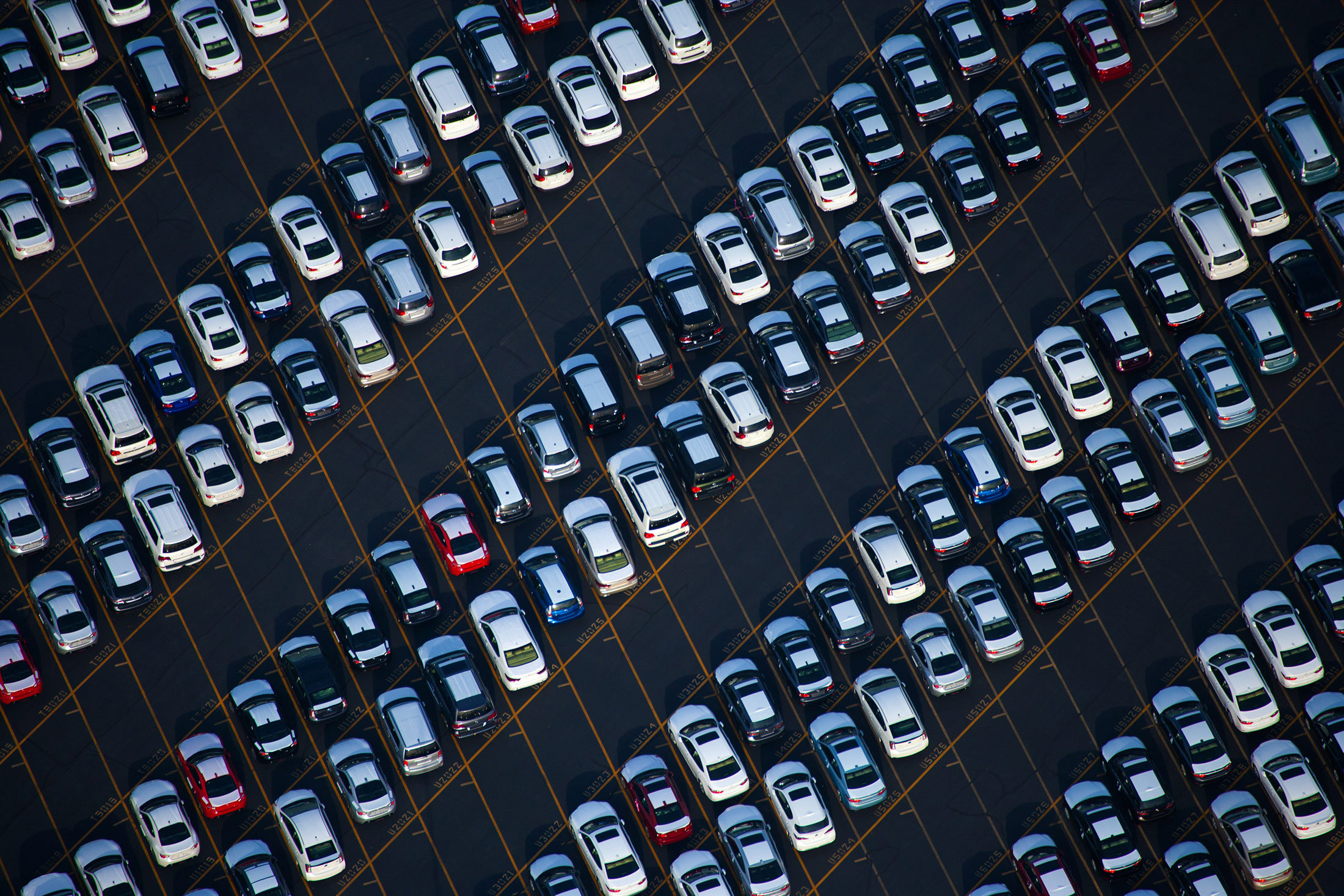
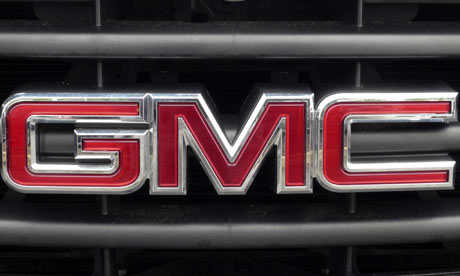
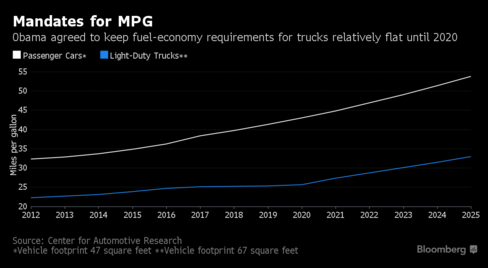
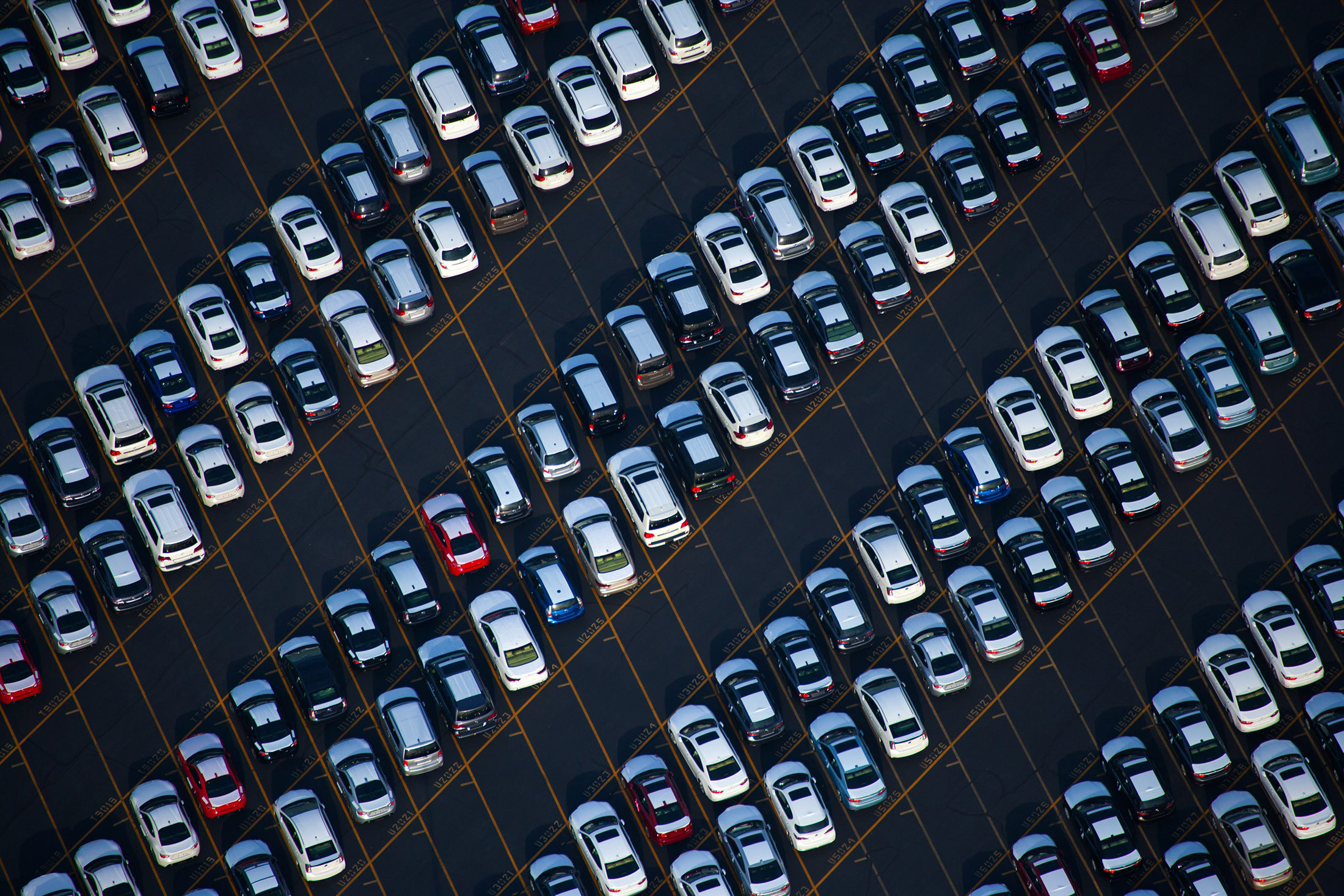
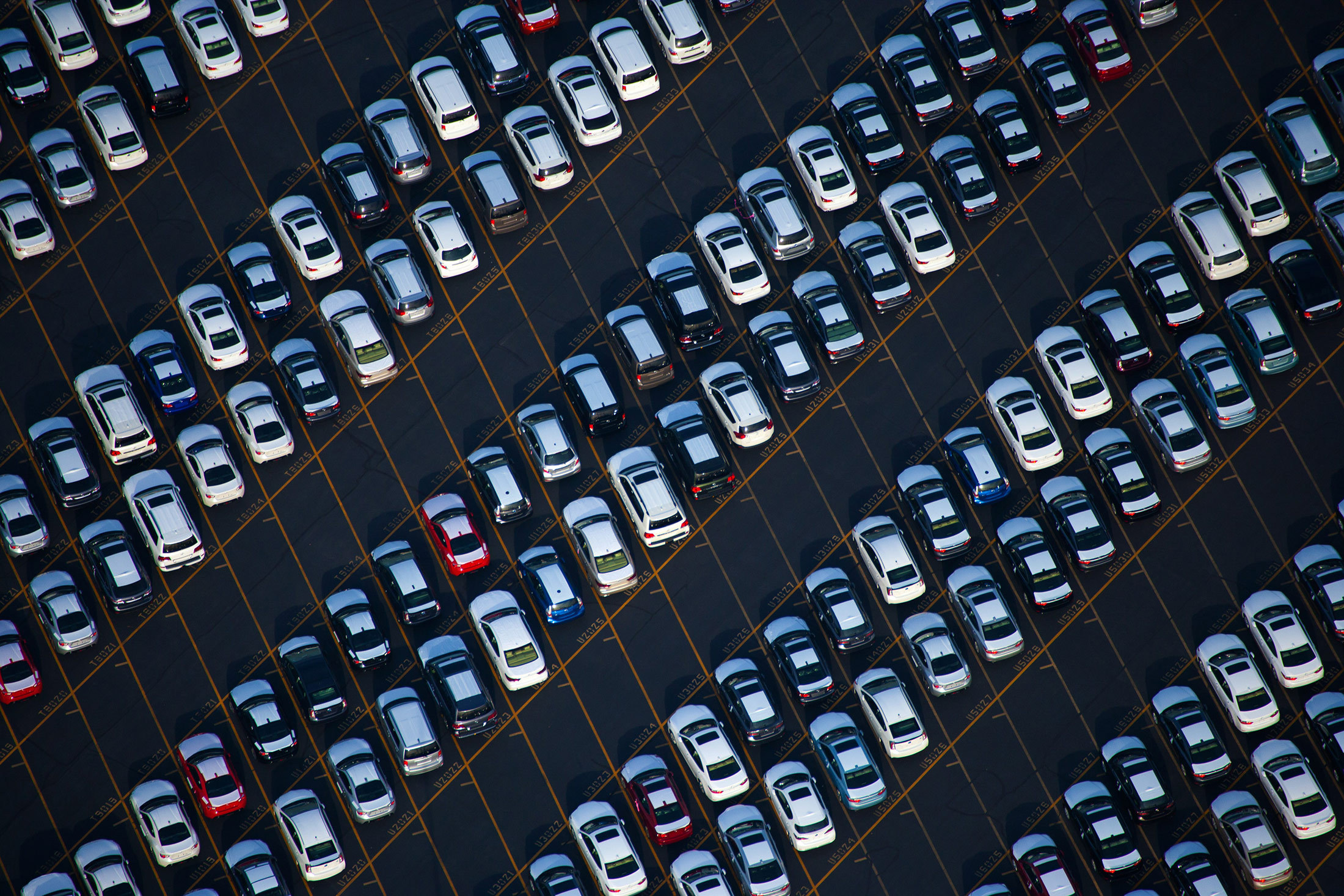
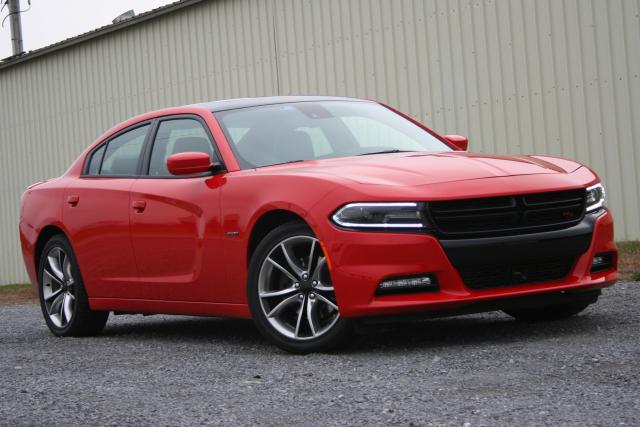
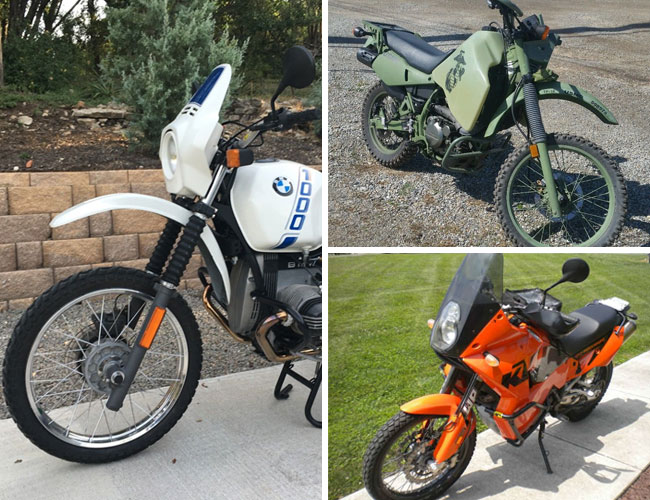
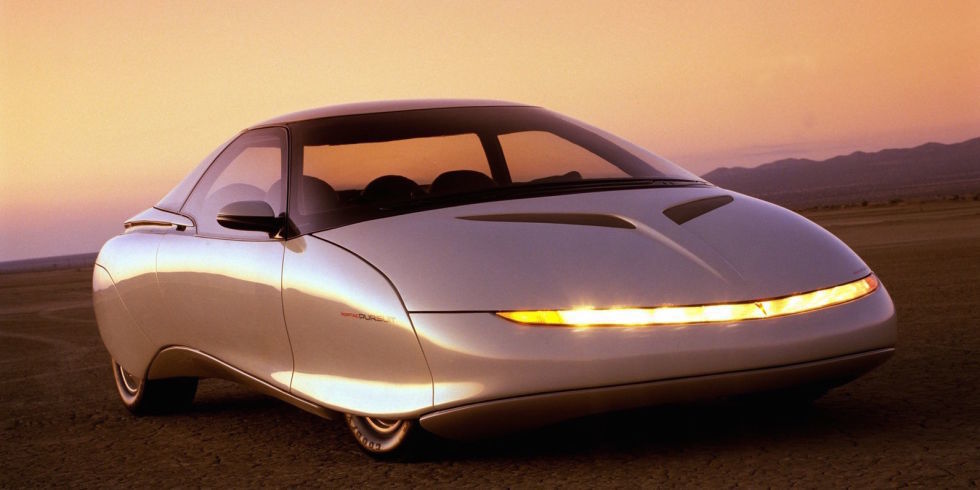
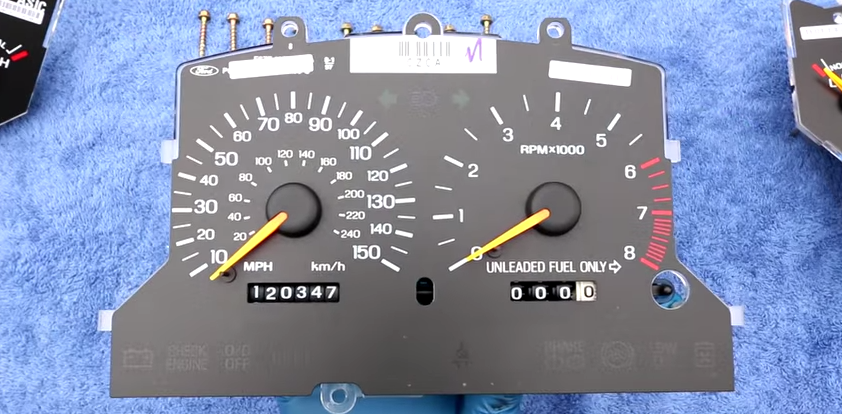
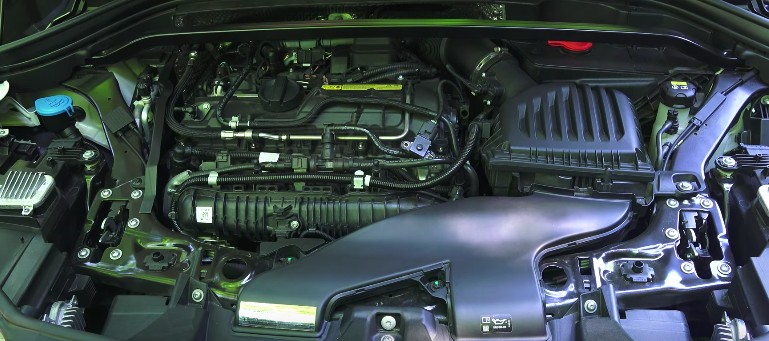
Recent Comments